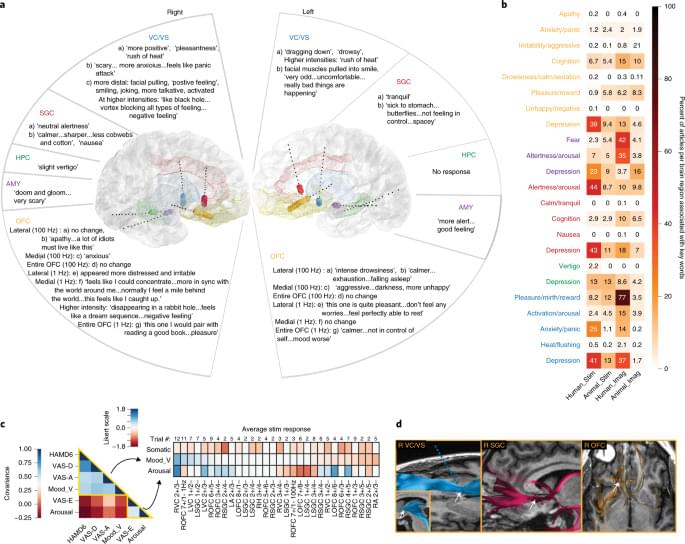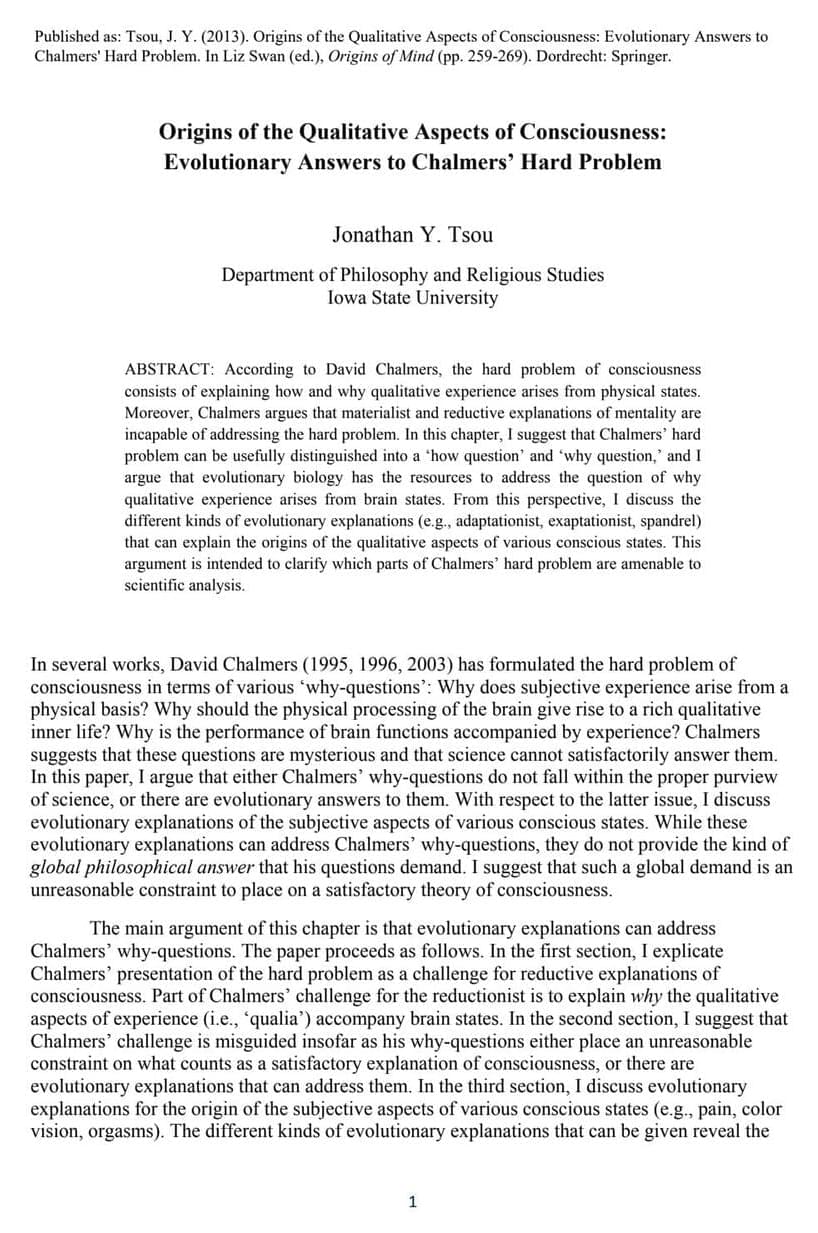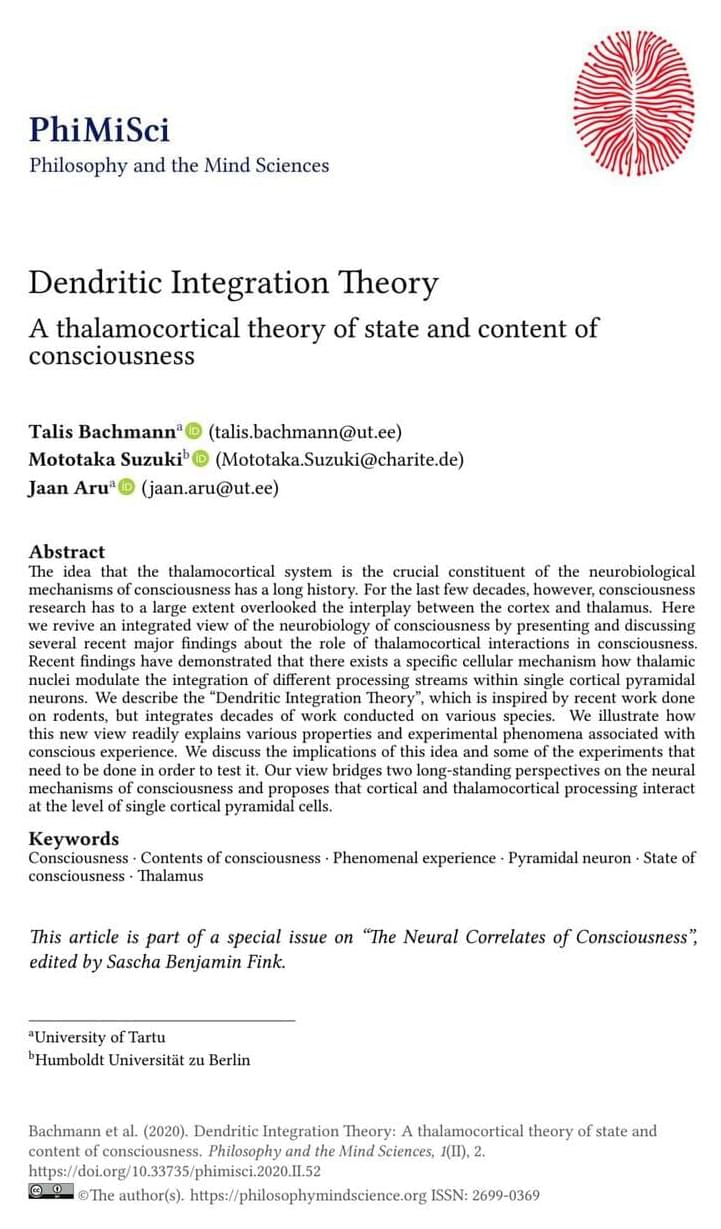Mirror-image nerve cells, tight bonds between neuron pairs and surprising axon swirls abound in a bit of gray matter smaller than a grain of rice.


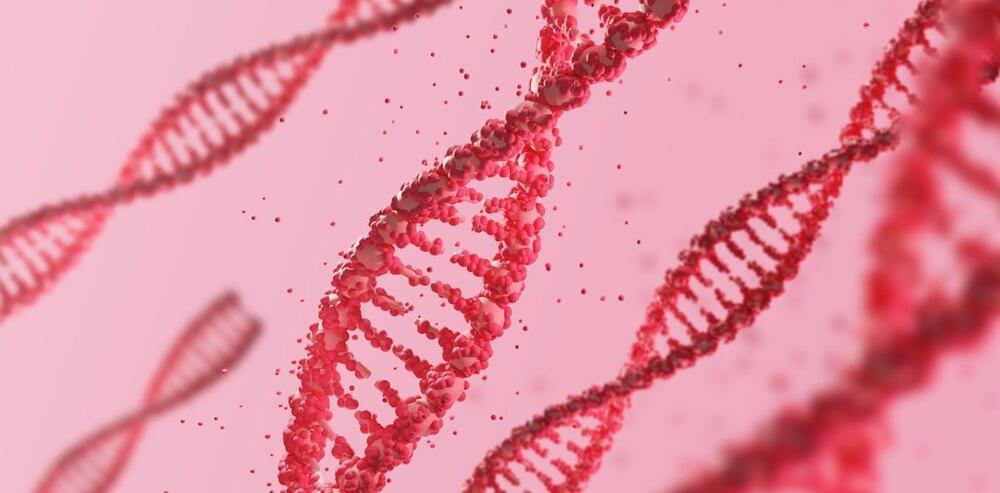
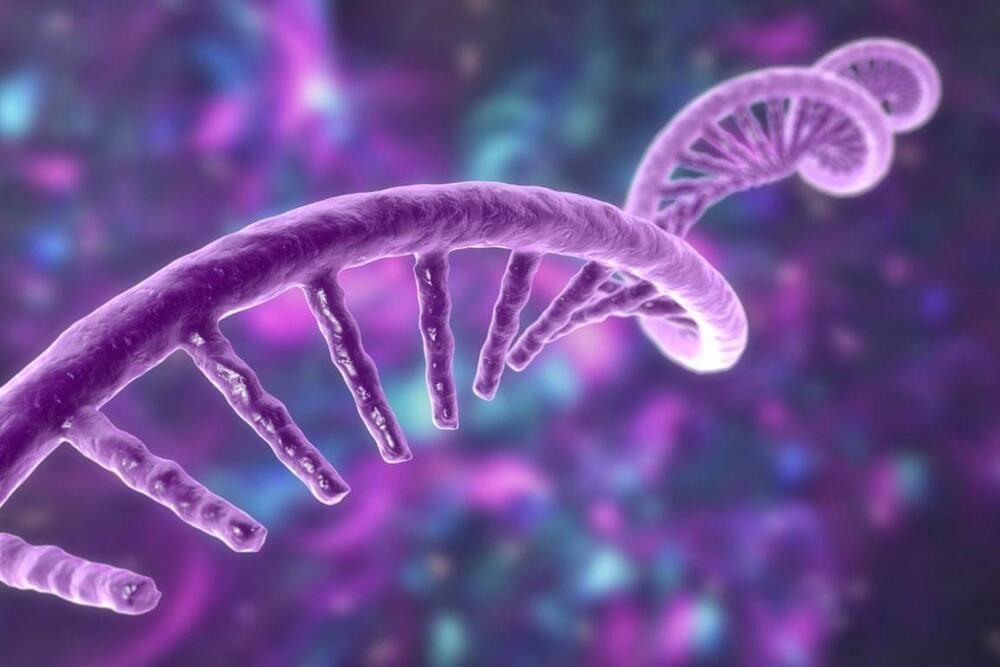
Those who know Oxford University for its literary luminaries might be surprised to learn that some of the most important reflections on emerging technologies come from its hallowed halls. While the leading tech innovators in Silicon Valley capture imaginations with their bold visions of future singularities, mind-machine melding, and digital immortality by 2045, they rarely engage as deeply with the philosophical issues surrounding such developments as their like-minded scholars over the pond. This essay will briefly highlight some of the key contributions of Oxford University’s professors Nick Bostrom, Anders Sandberg, and Julian Savulescu to the transhumanist movement. It will also show how this movement’s focus on radical autonomy in biotechnical enhancements shapes the wider global bioethical conversation.
As the lead author of the Transhumanist FAQ, Bostrom provides the closest the movement has to an institutional catechism. He is, in a sense, the Ratzinger of Transhumanism. The first paragraph of the seminal text emphasizes the evolutionary vision of his school. Transhumanism’s incessant pursuit of radical technological transformation is “based on the premise that the human species in its current form does not represent the end of our development but rather a comparatively early phase.” Current humans are but one intriguing yet greatly improvable iteration of human existence. Think of the first iPhone and how unattractive 2007’s most cutting-edge technology is in 2024.
In particular, transhumanists encourage radical physical, cognitive, mood, moral, and lifespan enhancements. The movement seeks to defeat humanity’s perennial enemies of aging, sickness, suffering, and death. Bostrom recognizes that he is facing the same foes as Christianity and other traditional religions. Yet he is confident that Transhumanism, through science and technology, will be far more successful than outdated superstitions. Biotechnological advances are more reliable for this worldly benefit than religion’s promises of some mysterious next life. Transhumanists claim no need for “supernatural powers or divine intervention” in their avowedly “naturalistic outlook” since they rely instead on “rational thinking and empiricism” and “continued scientific, technological, economic, and human development.” Nonetheless, Bostrom and his companions recognize that not all technology is created equal.

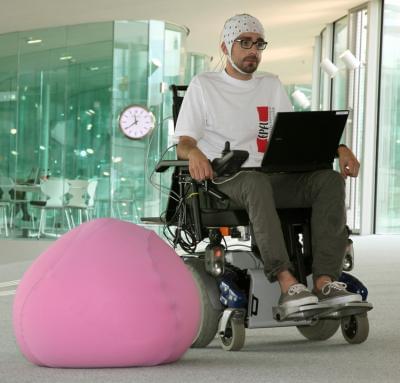
Researchers have tested a range of neuroprosthetic devices, from wheelchairs to robots to advanced limbs, that work with their users to intelligently perform tasks.
They work by decoding brain signals to determine the actions their users want to take, and then use advanced robotics to do the work of the spinal cord in orchestrating the movements. The use of shared control — new to neuroprostheses — “empowers users to perform complex tasks,” says José del R. Millán, who presented the new work at the Cognitive Neuroscience Society (CNS) conference in San Francisco today.
Millán, of the Swiss Federal Institute of Technology in Lausanne, Switzerland, began working on “brain-computer interfaces” (BCIs), designing devices that use people’s own brain activity to restore hand grasping and locomotion, or provide mobility via wheelchairs or telepresence robots, using people’s own brain activity.
